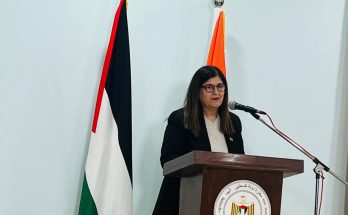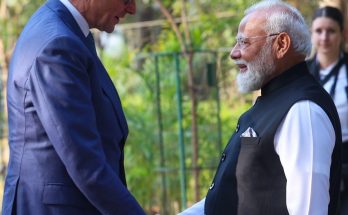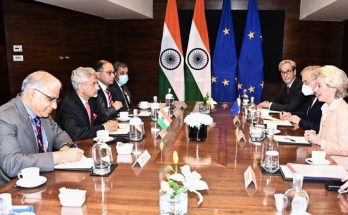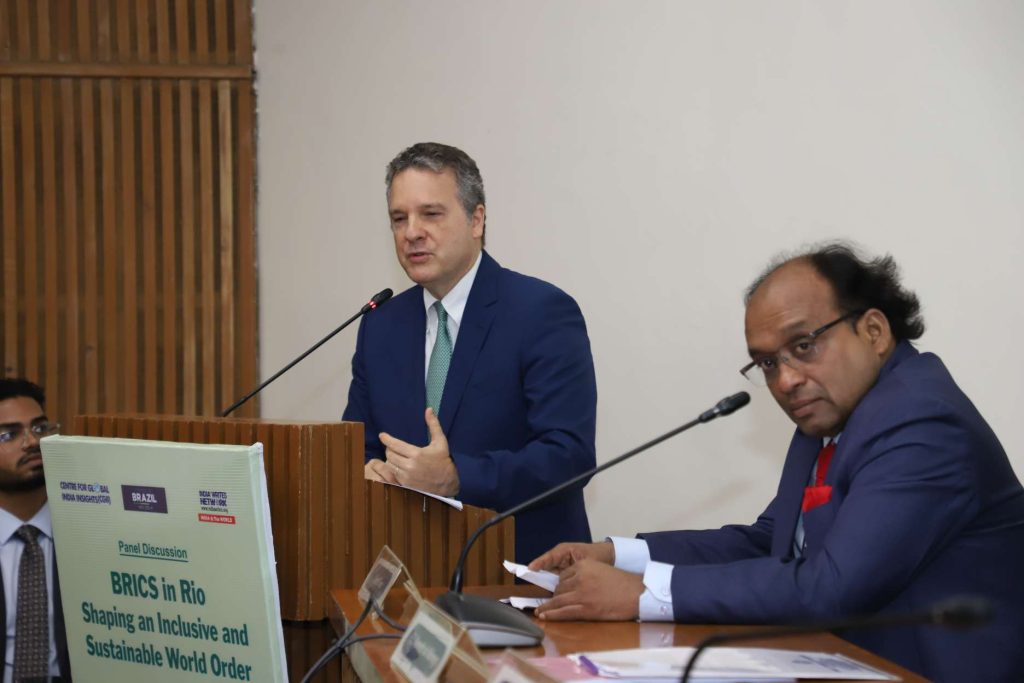
By Kenneth Félix Haczynski da Nóbrega
My presentation will make a few remarks on how Brazil sees the role BRICS can play at such a complex moment in world geopolitics and geoeconomics. I will also recall the priorities of the Brazilian presidency with a selective focus on some issues.
When we reflect on the prospects and challenges of Brazil’s presidency of BRICS, it’s important to start with the realization that it’s an endeavour to increase the delivery capacity of a grouping that has assumed even greater importance in recent years on the international stage.
In a quick personal recollection of a BRICS old-timer, we are a long way from 2015, a long decade ago, the year the New Development Bank (NDB) and the BRICS Contingent Reserve Arrangement entered into force, At that juncture, the internal debates in a BRICS, then made up of five countries, centered on what should be the main priority of the group after the historic establishment of two financial institutions.
At that time, a common goal underlied the different ideas and positions put forward by the member countries. The common goal was to ensure that the group remains a relevant locus for debate and new initiatives in an emerging multipolar world.
Today, questions about the relevance of the group make little sense. The expanded BRICS will likely take on an ever greater centrality in the coming years, as a platform for pushing forward the reform of global governance institutions. Or for, at least, avoiding the further erosion of institutionality in international relations. The group is nowadays perhaps one of the few relevant loci of international coordination, capable of discussing the major challenges facing humanity, based on the assumption that they can only be addressed by joint action of the whole international community, through consensus building.
Forging Consensus
Consensus building is indeed a central feature of the BRICS acquis.
Let me make here another brief “BRICS old-timer “ recollection, about the BRICS historical “acquis”.
Since its inception, BRICS has been an informal coordination and co-operation mechanism created by a shared vision of the political leaderships of its member countries. That shared vision is: despite their geographical dispersion and diverse trajectories – historical, socio-economic and cultural – all its members have a converging interest in promoting the reform of global governance institutions, so that they better reflect the new multipolar configuration of power created by the rise of emerging and developing countries.
This Political vision has been always promoted with pragmatism and patience, always in a spirit of consensus building and sensitivity to the diversity of its members, both in terms of interests and worldviews.
Of course intra-BRICS dynamics have not always been tension- free. But at the end of the day, we always managed to express ourselves in one voice in a wide range of areas, even if the resulting joint declarations were at times perceived as lacking ambition and did not produce break-throughs. We never were in the usiness of producing hasty breakthroughs.
In sum, BRICS “acquis” has to do with a political vision exercised with pragmatism, acknowledgment of diversity and adherence to joint action through consensus building. Perhaps this the reason why more than thirty countries signaled their interest in joining BRICS or becoming a partner country. Especially in the last few years.
Drawing from this acquis, the expanded BRICS holds out the promise of reform of international institutions with inclusiveness, with the Global South exercising effective influence on its reconfiguration. Despite the mistaken impressions of some, BRICS is not working against anyone, but exclusively in favour of the sustainable development of its members, as well as for the reform of global governance institutions.
Six Focus Areas
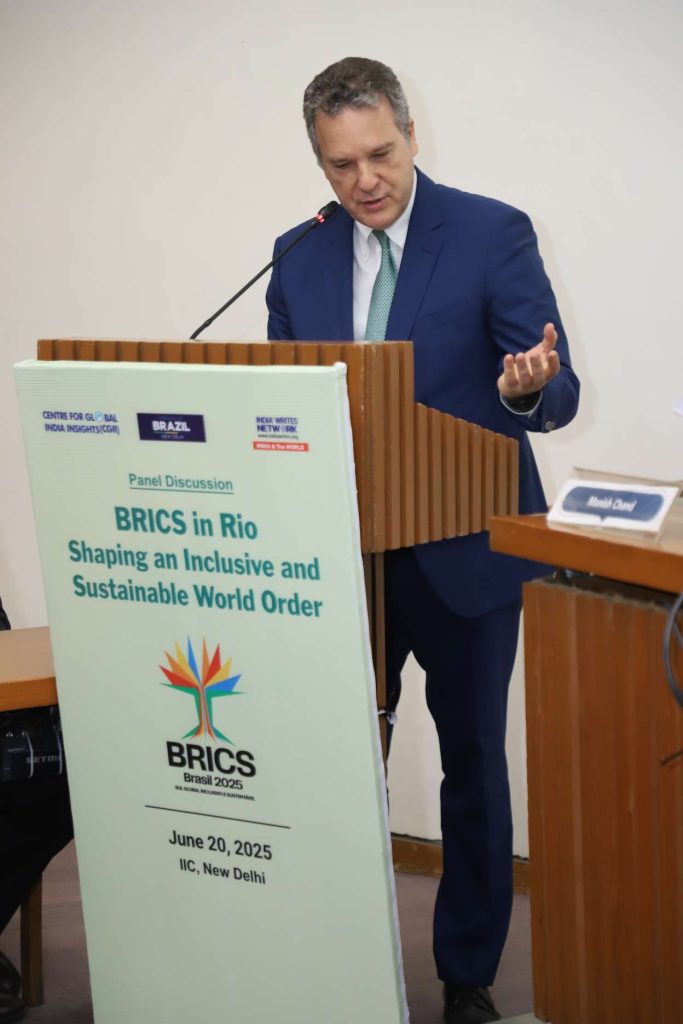
Against this backdrop on how Brazil conceives BRICS, the Brazilian presidency has defined the priorities for its presidency, the first in which all the new members and partners will participate fully.
The motto of Brazilian chairship is “Strengthening Global South Cooperation for More Inclusive and Sustainable Governance”,
Declarations: We aim to produce two high-level declarations on financing the climate change regime and the governance of artificial intelligence. These declarations are distinct from the Leaders’ Declaration; as they will be brief and to the point, serving to clearly position BRICS on these critical issues.
Brasil’s 2025 BRICS Presidency prioritizes six core areas: a) reform of the peace and security multilateral architecture; b) global health cooperation; c) climate change; d) trade, investment and finance; e) governance of artificial intelligence; and (f) institutional development.
A – Reform of Multilateral Peace and Security Architecture: this is one of the “founding” platforms of BRICS as a group. And we are seeing before our eyes how urgent it has become. We see the troubling resurgence of unilateralism at a time when global challenges demand more cooperation, not less. BRICS has a vital role to play in reinforcing the principles of international law, supporting peaceful settlement of disputes, and pushing for the reform of multilateral institutions, particularly the United Nations and its Security Council, to better reflect contemporary geopolitical realities. Reform is essential to make these institutions more inclusive and representative of the Global South, and to ensure they are more efficient, more effective, and more legitimate in addressing the complex realities of our time.
B – Global Health Cooperation: Brazilian presidency’s priorities here are the strengthening of the BRICS Platform for Vaccine Research and Development, the expansion of the BRICS Research Network on Tuberculosis and the launch of the BRICS Partnership for the Elimination of Socially Determined Diseases and Neglected Tropical Diseases. These priorities are based on the realization that COVID-19 pandemic and the recent Mpox health crisis have shown once again that the fight against infectious diseases requires coordinated transnational action
C – Trade, Investment and Finance:
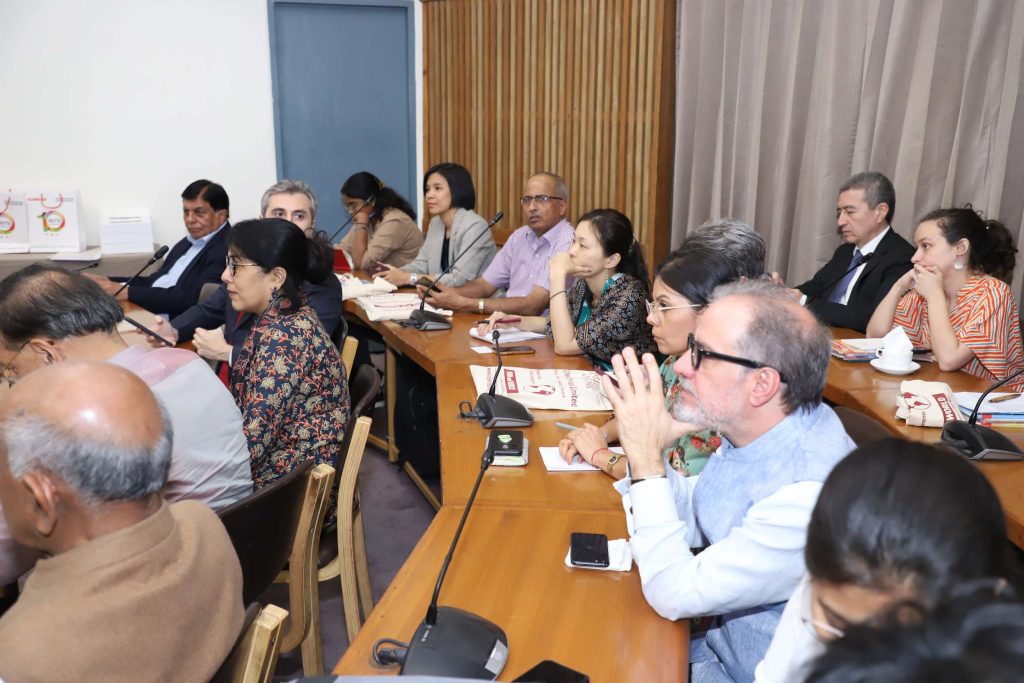
In the economic sphere, I single out discussions on the development of payment instruments and platforms and the use of local currencies that can stimulate investment and trade between BRICS countries (para. 67 of the Kazan Declaration). The proposals for the use of local currencies in intra-BRICS transactions are intended to reduce transaction costs and thereby boost trade and investments among member countries. If approved, they would be implemented on a voluntary basis.
The economic pillar of BRICS also includes a Partnership for the New Industrial Revolution, a broad Economic Partnership, as well as a trade and investment promotion dimension in partnership with the business communities of its members: the BRICS Business Forum. In this regard, I am looking forward to hearing the remarks by Ms Jyoti Vij.
D – Climate change: the main goal is to adopt a BRICS Climate Leadership Agenda, including a Leaders’ Framework Declaration on Climate Finance aimed at guiding structural change in the financial sector. The Brazilian presidency is also encouraging a coordinated and effective participation of the group at COP 30 in Belém. More specifically the priority is to strengthen the financing of adaptation and mitigation projects. (The declaration issued by the Ministers of Environment is good, tangible event, of inclusion of Global South concerns in building consensus to tackle an existential global challenge such as climate change).
E – Artificial Intelligence Governance: here, the focus is to promote inclusive and responsible international governance of artificial intelligence, in order to unlock the potential of this technology to support social, economic and environmental development.
F – Institutional Development: improving the structure and cohesion of BRICS. Since the Johannesburg Summit in 2023, six countries have joined BRICS as full members and ten as partner countries.
The need to fully integrate the new members and partners into the group’s activities requires a new organizational approach. In this sense, our chairship tabled proposals for the group’s institutional development through an updating of the BRICS Terms of Reference. With BRICS’ recent expansion, we may have reached a point where it is time to strike a balance between ensuring greater continuity in our work and preserving the flexibility that has been a hallmark of our organization.
In striking this balance, the challenge is to preserve the BRICS acquis and to ensure that the group remain as an attractive platform of consensus building as it has been in the last 20 years.
The priorities defined by the Brazilian presidency aim to update the focus of the group’s actions, in view of the urgency of addressing old and new global challenges in a complex geopolitical environment, marked by increased polarization and distrust. We are also seeking to update BRICS work dynamics while staying true to BRICS acquis and its gold standard: pragmatic, patient and inclusive consensus building.
(Brazil’s Ambassador to India Kenneth Félix Haczynski da Nóbrega, delivered a keynote address on core priorities of Brazil’s BRICS presidency at a conference organised by Centre for Global India Insightsand the Embassy of Brazil in New Delhi on June 20, 2025.)
Author Profile
- India Writes Network (www.indiawrites.org) is an emerging think tank and a media-publishing company focused on international affairs & the India Story. Centre for Global India Insights is the research arm of India Writes Network. To subscribe to India and the World, write to editor@indiawrites.org. A venture of TGII Media Private Limited, a leading media, publishing and consultancy company, IWN has carved a niche for balanced and exhaustive reporting and analysis of international affairs. Eminent personalities, politicians, diplomats, authors, strategy gurus and news-makers have contributed to India Writes Network, as also “India and the World,” a magazine focused on global affairs.
Latest entries
 DiplomacyJanuary 5, 2026India walks diplomatic tightrope over US operation in Venezuela
DiplomacyJanuary 5, 2026India walks diplomatic tightrope over US operation in Venezuela India and the WorldNovember 26, 2025G20@20: Africa’s Moment – The Once and Future World Order
India and the WorldNovember 26, 2025G20@20: Africa’s Moment – The Once and Future World Order DiplomacyOctober 4, 2025UNGA Resolution 2758 Must Not Be Distorted, One-China Principle Brooks No Challenge
DiplomacyOctober 4, 2025UNGA Resolution 2758 Must Not Be Distorted, One-China Principle Brooks No Challenge India and the WorldJuly 26, 2025MPs, diplomats laud Operation Sindoor, call for national unity to combat Pakistan-sponsored terror
India and the WorldJuly 26, 2025MPs, diplomats laud Operation Sindoor, call for national unity to combat Pakistan-sponsored terror





